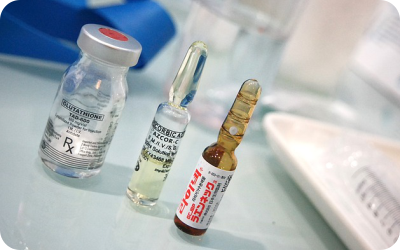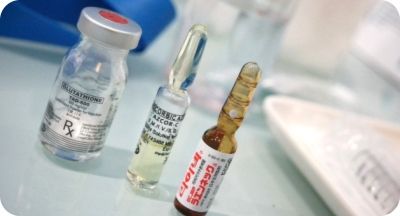Date: 11 Jan 2019

By 2022 the market of radio frequency identification (RFID) in healthcare is expected to be worth 4.9 billion dollars globally. This expectation is based on the security, safety, and efficiency that RFID labels provide during healthcare service.
The radio frequency technology is applied on a number of smart labels, which help hospitals and laboratories to successfully track their inventory as well as every blood sample or pallet of medicines in real time.
Unfortunately, a lot of patients pass away at hospitals due to medical errors, which can be avoided if more accurate and secure identification processes are implemented. RFID labels can save these lives. This smart technology allows the successful tracing of all medicinal products and blood samples, so that every patient without exception can receive the right diagnosis and treatment.
RFID tags are much harder to duplicate than barcodes, which makes them an uncompromising winner in the labeling of medical products. Additionally, by scanning such a tag in the computer system of a hospital you can enter up to 700 medicines automatically in it, and this productivity does not come at the price of accuracy during the process.
According to a recent research more than ¾ of the hospital staff depends on ineffective manual medical supply chain management, which leads to poor inventory control and, as a result, creates serious problems in every hospital, since it raises its expenses.
Smart labels can help namely with this cost optimization by saving money for the hospitals that implement them. After the implementation of RFID labeling, they can save up to 67% of manual inventory counting time and amounts of up to 200 000 lv. per year just because these labels allow the on time use of medical products before their expiration date.
In any case, smart labels are only a part of the entire RFID solution, which also requires RFID information system, readers, and software. A solution, which is turning into a compulsory investment for a brighter future in the field of the healthcare industry.


Post comment